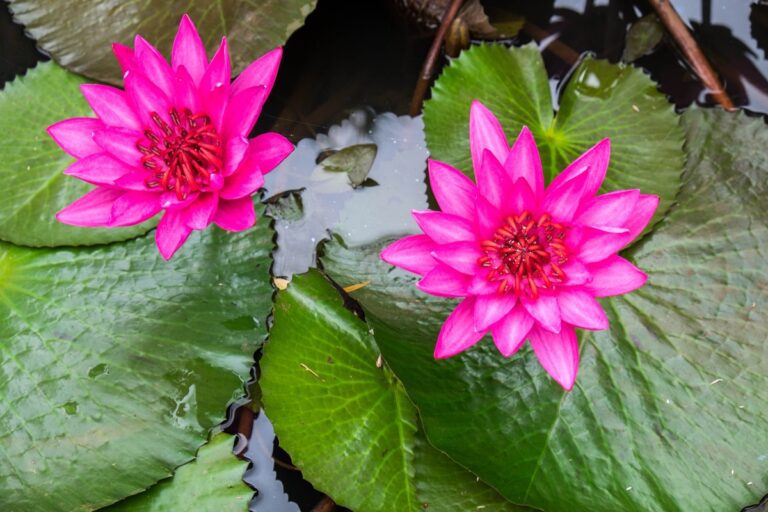803rd Week: “Do Unto Others…”
In writing this practice, I don’t want to slide over into political perspectives or a polarized discussion. What I want to bring into this week’s practice is the saying that is found in most religions and spiritual traditions, adding up to “treat others as you would want to be treated.” I think this is probably one of the fundamental values of just about every spiritual approach I’ve learned about throughout my years of exploring spirituality and religion.
With the Internet and the polarized nature of our world at this time, it can be far too easy to respond to people in ways that would have been unimaginable only a decade or so ago. I’ve had people comment about things I’ve posted on Facebook in ways that have shocked, saddened, and surprised me. It’s as though we have learned to interact as individuals and as a culture as if it doesn’t matter what or how we communicate with one another.
For this week’s practice, I invite you to carry with you the request to “treat others as you would want to be treated” and, in addition, “treat others as you would want your loved ones to be treated.” Then, measure your words and actions against these statements and notice if you are following this most basic human ideal. By making this a practice akin to mindfulness, pay attention to what you discover about how much awareness, consideration, and choice you bring to how you respond to and treat others, to your words, your thoughts, your feelings, your actions.
And, this isn’t an invitation to actively avoid expressing outrage or disagreement. Instead, it’s about the attitude we carry into the everyday activities and encounters we have with other people. It’s about the attitude we carry into the choices we make politically, socially, spiritually. Of course there will be disagreement. There are many things in our human family that need to be healed and made right. What this practice asks you to do is be increasingly aware of how you engage in these issues with others.
As with many of these practices, please be sure to allow for mixed feelings and notice how it’s inevitable to have negative, as well as positive, feelings come into awareness. It’s what you do with them that matters, be they negative feelings toward others or yourself, or positive feelings. Make room for them and engage them within a context of curiosity and choice. It’s the same with judgments. Be sure to engage them gently, allowing them to offer you their communication but then to let them move on through without having to do battle with them or necessarily act on them.
These are troubling times for us all, individually and collectively, and it is my belief that if we treated one another as we would want to be treated we wouldn’t experience or enact the amount of aggression and cruelty that we now see online every day. And, again, treating others as we would want to be treated allows for a great deal of outrage and action on behalf of people we care about, which—if we followed most spiritual principles—would include all of our human and earth-kin families.
As I read this practice some days after writing it, it seems that my interfaith ministry self has popped to the foreground, so this may have a different flavor from other practices I’ve posted. As I invite you to do with all these practices, please bring curiosity along as your constant companion and notice what the focus of this practice brings into your awareness. Also, again, please remember to pat gently on the head any judgments that may arise, allowing them to move on through. Our culture has taught us to take our thoughts as truth rather than as responses to what’s happening in our lives, and our judgments are just the next thoughts that are floating up and moving along on the constantly flowing stream of consciousness that is endlessly present.





